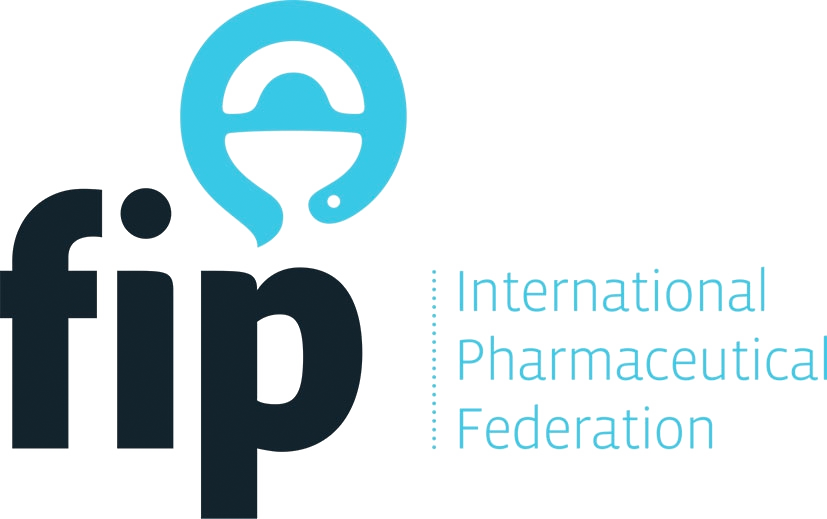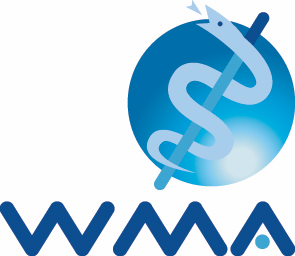February 2011
The global epidemic of non-communicable diseases (NCDs) is of major concern to the alliance, because it represents a significant threat to human health and development. Unless addressed, the burden of these diseases will continue to increase. WHO projects that globally NCD deaths will increase by 17% over the next 10 years(2). This document sets out the facts about NCDs, and sets out the course of action that WHPA believes should be taken to tackle them.
Causes of the non-communicable diseases epidemic
NCDs – cardiovascular disease, cancers, chronic respiratory diseases, diabetes and oral diseases (1) – account for 60% of global deaths, killing 35 million people each year. Eighty per cent of these deaths occur in low and middle income countries(2). Oral diseases, including dental caries, periodontal disease and oral cancer, are neglected but important NCDs with a significant burden on overall health.
The four main risk factors are:
- tobacco use
- unhealthy diet
- physical inactivity
- harmful use of alcohol.
NCDs can be prevented or mitigated:
- reducing tension and stress
- improving diet and reducing sodium intake
- regular sufficient physical activity
- avoiding obesity
- supporting optimal mental health
- emphasizing preventive care and screening for preventable illness
- avoiding tobacco and harmful alcohol consumption
To make meaningful reduction in NCDs it is necessary to take action on the broader factors which influence people’s health behaviour: the conditions in which they are born, grow, live, work and age, and the influence of society.
While health care services will attempt to repair the damage caused by premature ill health, these social, cultural, environmental and economic factors are the major influences on quality of life, good health and length of disability-free life expectancy. They also determine the magnitude of health inequalities.
Addressing the social determinants of health that are contributing to the increase in NCD burden is beyond the health sector alone. Strategies to prevent chronic disease demand the collaborative engagement of multiple sectors such as agriculture, finance, trade, transport, urban planning, education and recreation.
The need for action from governments
Health, social and economic policies need to be analysed and aligned at a national level to ensure the best possible health outcomes. A holistic health system built on a primary health care model and including prevention, rehabilitation and specialised health services is vital if the NCD epidemic is to be tackled. Reducing inequitable access to safe, quality and affordable medicines and health services is equally important as part of a comprehensive national NCD strategy.
The need for action from health professionals
Health professionals have an ethical and professional responsibility to act in the best interests of patients at all times. From a public health perspective, they also play a significant role in reducing the global NCD
burden through appropriate actions in health promotion, disease prevention, treatment and rehabilitation,
and advocating for research and finance. They have four main means of taking action:
- taking action within the health care system;
- advocating for action in other sectors that determine the level of disease burden;
- contributing to knowledge of best scientific evidence;
- monitoring what works to change the course of the epidemic.
- assuring the provision of services in keeping with a health promotion, life-style change model.
The global crisis in human resources for health is a significant barrier to reducing the NCD burden in many
countries. Collaborative practice among healthcare professionals and delivery of coordinated multidisciplinary care, can maximise resources. This makes prevention and treatment of NCDs cost-effective.
Against this background, all national professional associations of nurses, pharmacists, physical therapists, dentists and physicians should collaboratively adopt the following specific recommendations:
Recommendations for health professionals on health promotion
Health professionals should:
- enable the public to take responsibility for their own health;
- warn the public of hazards arising from tobacco, alcohol and illicit substance abuse and combat the prejudice, stigma and discrimination associated with substance abuse;
- encourage the public to adopt a healthy lifestyle by:
- eating a healthy well-balanced diet
- being physically active
- avoiding obesity
- stopping smoking
- avoiding harmful alcohol consumption
- practising good dental hygiene
- reducing tension and stress
- disseminate public health information and education programmes that promote healthy lifestyles and reduce preventable risks to health;
- encourage the traditional and social media to send positive health education messages about healthy diet, physical activity, drug use, optimal mental health, cardiovascular risk, etc.
- help the public and the health sector understand that oral health is integral to general health.
Recommendations for health professionals on disease prevention
Health professionals should:
- educate the public on the availability of public health services and facilitate access to screening with proven efficiency, preventive, curative and rehabilitation services;
- advocate for, and facilitate, the provision of high-quality health services including immunizations, safe water supplies, good nutrition, unpolluted atmosphere, opportunities for exercise and recreation and other services contributing to good health across the population;
- identify those at high risk of NCDs and organise screening interventions for susceptible populations, and facilitate implementation of prevention programs.
Recommendations for health professionals on treatment and rehabilitation
Health professionals should:
- refer chronically ill patients to appropriate health and social services, including rehabilitation;
- work collaboratively in multi-disciplinary health professional teams to optimise outcomes from all interventions and to ensure continuity of care;
- provide equitable and accessible services for those newly diagnosed, those with long-term conditions and those experiencing relapses and remissions;
- take a holistic approach to working with individuals with NCDs, addressing functional limitations and achieving desired outcomes;
- advocate for a national plan to ensure the uninterrupted supply of essential medicines and vaccines and the monitoring of adherence to standard treatment guidelines, including the selection and use of medical products and services.
Recommendations for health professionals on advocacy for education, research and financing
Health professionals should:
- work with public authorities to establish preventive health policy and to create supportive environments that promote healthy behavioural choices;
- inform health professionals so that they can become major partners in the social movement towards public health;
- assess community health needs and marshal resources and policy to respond to them;
- advocate for the regular collection and evaluation of health data as part of routine health screening throughout life;
- train health professionals on standard treatment guidelines for NCDs, and the monitoring and evaluation of clinical interventions;
- ensure that standard diagnosis, treatment, care and other interventions of NCDs remains part of continuing professional development programmes for health professionals;
- establish an evidence base on the cost-effectiveness of health professional interventions in reducing the NCD burden, to support decisions made on financing NCD programmes;
- gather examples of practice that reduce inequalities in health, engaging health professionals in adopting new and innovative solutions;
- call on national governments to take steps to minimise the root causes of premature ill health.
(1) There is an association between the presence of oral infections (especially periodontal disease) and systemic diseases, including cardiovascular and cerebrovascular diseases, adverse pregnancy outcomes, diabetes mellitus, pulmonary infections, and different forms of cancer
(2) WHO NCD Surveillance




